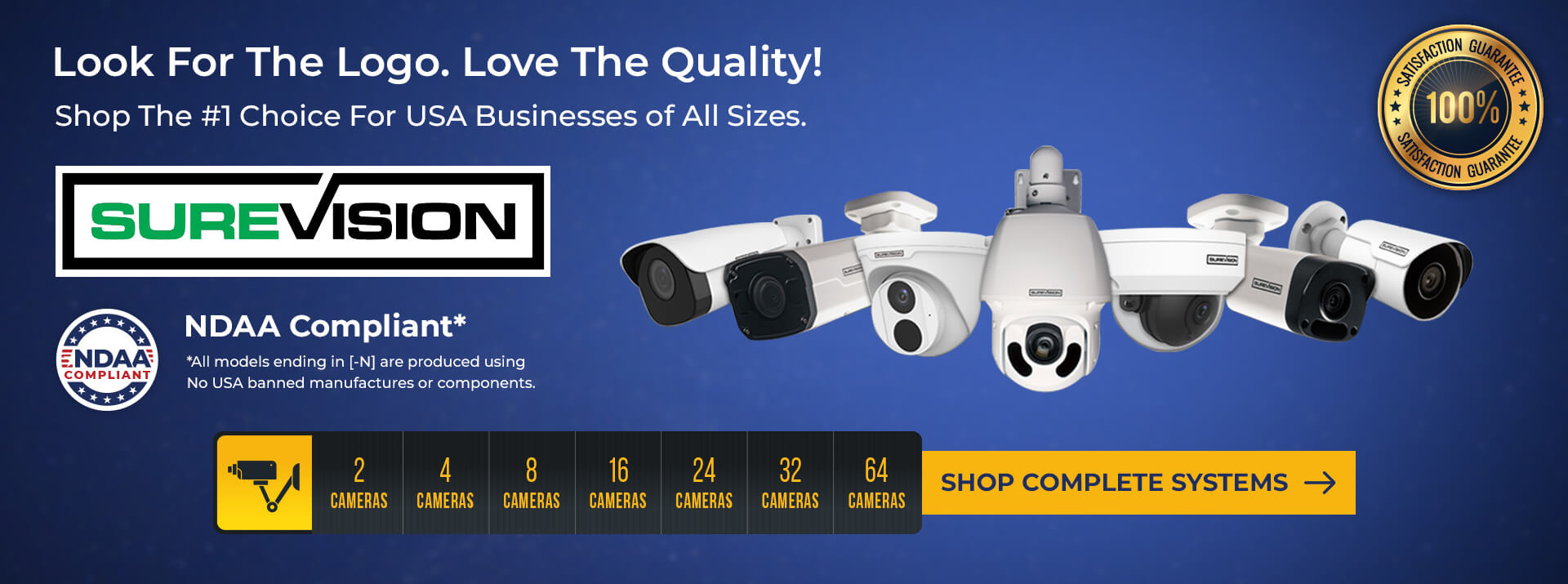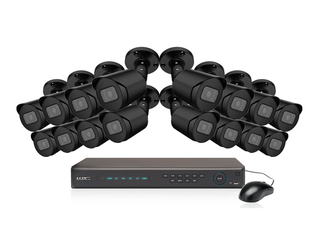Types of Security Camera Systems
Oct 29, 2023
Types of Security Camera Systems
Security camera systems have become an essential component in ensuring the safety and protection of both residential and commercial spaces. With rapidly advancing technology, there is an extensive variety of security camera systems available in the market. Understanding the different types of systems empowers individuals to make an informed decision when it comes to safeguarding their premises. In this article, we will explore the various types of security camera systems, their features, and their applications.
Types of Systems
When it comes to security camera systems, there are two broad categories that dominate the market: IP systems and HD over coax systems. Each of these systems has its unique features and advantages, catering to different needs and preferences.
IP Systems
IP (Internet Protocol) systems offer cutting-edge technology and advanced functionality. These systems transmit video and audio data over an internet network, enabling remote access and control. With high-resolution cameras, IP systems deliver exceptional image quality, ensuring every detail is captured with remarkable clarity. They are ideal for businesses and individuals who require real-time monitoring solutions. IP systems offer flexible installation options, including wired and wireless setups, making them a versatile choice for both indoor and outdoor surveillance.
HD over Coax Systems
HD over coax security camera systems, also known as analog systems, have been widely used for traditional CCTV applications. These systems transmit video signals over coaxial cables while supporting high-definition resolutions. Although not as advanced as IP systems, HD over coax systems offer budget-friendly options with reliable performance. These systems are often preferred for residential spaces due to their ease of installation and cost-effectiveness.
Wired Camera Systems
Wired camera systems are a popular choice for those seeking a reliable and robust surveillance solution. With a stable and secure wired connection, these systems ensure uninterrupted footage transmission, eliminating the risk of signal interference. Wired camera systems are suitable for various applications, including both residential and commercial settings.
Systems for Business
For businesses, ensuring the security of their premises is crucial. Wired camera systems cater to the unique requirements of businesses by providing seamless surveillance coverage. These systems are designed to handle large-scale operations, offering features such as multiple camera support, remote viewing, and advanced analytics. With wired camera systems, businesses can effectively monitor their premises and prevent unauthorized access or theft.
Systems for Homes
When it comes to residential spaces, wired camera systems offer peace of mind to homeowners. By employing surveillance cameras strategically, individuals can monitor their homes and protect their loved ones from potential threats. Wired camera systems allow homeowners to have complete control over their surveillance, ensuring the safety of their property. With features like motion detection and remote viewing capabilities, homeowners can keep a watchful eye on their homes, enhancing security and reducing the risk of intrusions.
Remote Viewing Software

One of the significant advantages of modern security camera systems is remote viewing software. This innovative technology allows users to access live or recorded video feeds from their cameras using a smartphone, tablet, or computer. With remote viewing software, individuals can monitor their premises from anywhere in the world, providing unparalleled convenience and flexibility.
AI Analytics
Artificial Intelligence (AI) analytics revolutionize the way security camera systems operate. By utilizing advanced algorithms, AI analytics enable cameras to detect and identify objects or people with greater accuracy. This feature enhances the overall security system by reducing false alarms and providing real-time alerts for potential threats. With AI analytics, security camera systems become smarter, proactive, and highly efficient in ensuring the safety of the monitored areas.
24/7 or Motion Recording
IP Security camera systems offer flexibility regarding recording options. Individuals can choose between continuous 24/7 recording or motion-based recording depending on their specific needs. Continuous recording ensures that every moment is captured, ensuring no event goes unnoticed. On the other hand, motion-based recording only starts recording when movement is detected, optimizing storage space and making it easier to review specific incidents.
Motion Alerts
To further enhance security, many security camera systems provide motion alerts. These alerts are triggered whenever the cameras detect any movement in their field of view. Upon receiving a motion alert, users can quickly assess the situation and take appropriate action if necessary. Motion alerts provide an additional layer of vigilance, ensuring immediate attention is given to any potential threats or unusual activities.
Common Cameras in Systems
The choice of cameras plays a crucial role in the effectiveness of a security camera system. Here are some commonly used cameras that cater to different surveillance needs:
Bullet Cameras
Bullet cameras are the go-to option for outdoor surveillance. With their cylindrical shape and sleek design, these cameras are highly versatile and easy to install. Bullet cameras often come with infrared capabilities, ensuring clear footage even in low-light conditions. They are an excellent choice when a focused, long-range view is required.
Dome Cameras
Dome cameras offer a blend of functionality and aesthetics, making them suitable for both indoor and outdoor surveillance. These cameras are characterized by their dome-shaped housings, which are designed to be discreet and tamper-proof. Dome cameras provide a wide field of view, allowing for comprehensive coverage of the monitored area. They are an ideal choice for environments where a more inconspicuous presence is desired, such as offices, retail stores, and residential spaces.
Specialty Cameras
In addition to the common cameras used in security camera systems, there are also specialty cameras available to address specific surveillance needs. These cameras offer unique features and capabilities, expanding the possibilities of monitoring and ensuring comprehensive security coverage.
PTZ Cameras
PTZ (Pan-Tilt-Zoom) cameras provide exceptional flexibility and control over surveillance. With PTZ capabilities, these cameras can be remotely controlled to pan, tilt, and zoom, allowing users to focus on specific areas or objects of interest. PTZ cameras are commonly used in large-scale surveillance applications, such as airports, parking lots, and industrial facilities.
License Plate Cameras
License plate cameras, also known as LPR cameras, are designed specifically for capturing license plate information accurately. These cameras use specialized algorithms to enhance the clarity of the captured license plates, ensuring reliable identification and recognition. LPR cameras are commonly utilized in parking lots, toll plazas, and other areas where access control is crucial.
Fisheye Cameras
Fisheye cameras offer a unique wide-angle view, capturing a 360-degree panoramic image of the surroundings. With their distortion correction technology, fisheye cameras provide a comprehensive view without compromising image quality. These cameras are often used in large open areas, such as shopping malls, airports, and stadiums, where a broad coverage area is required.
Check out our line of SureVision IP cameras:
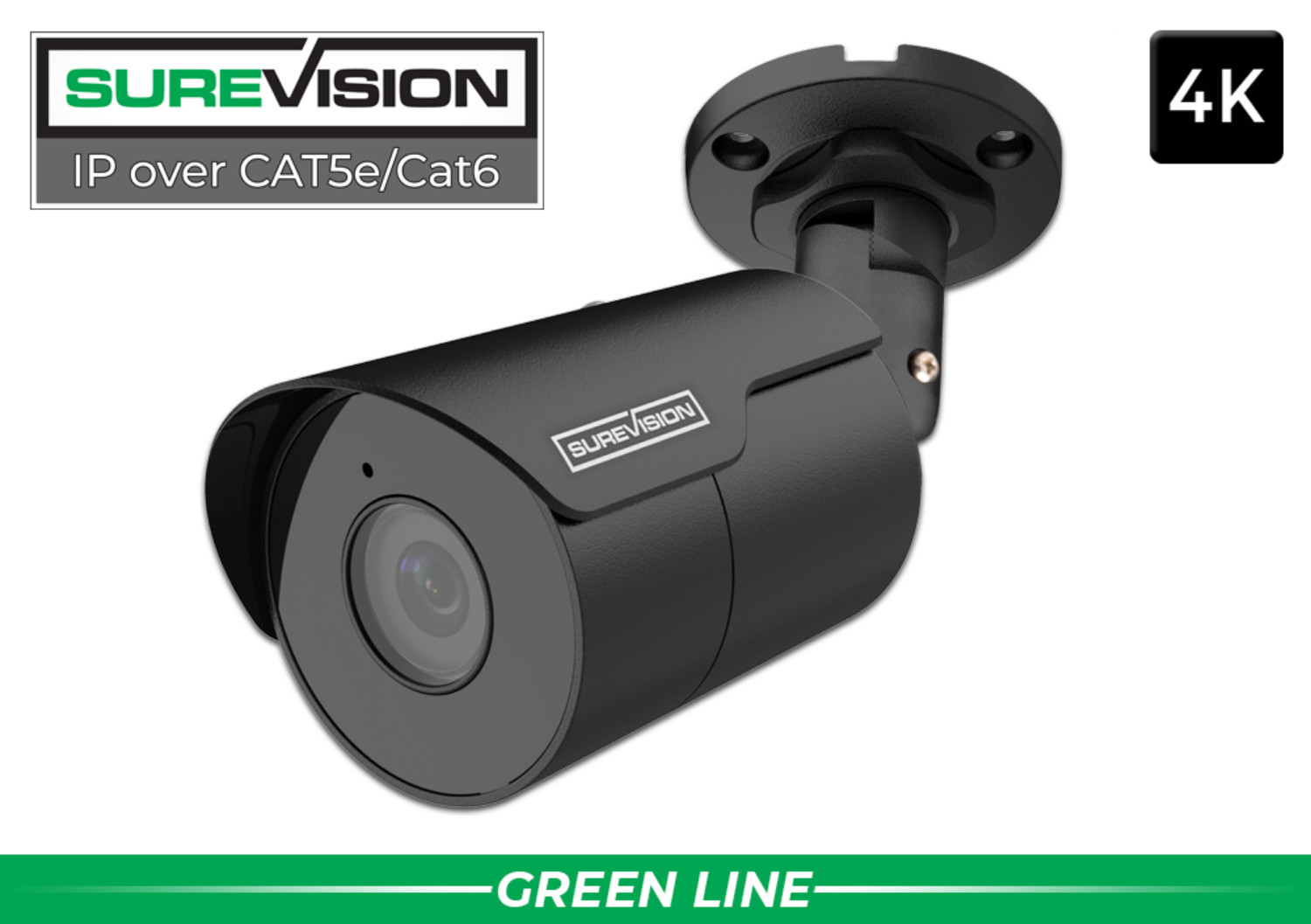
Bullet Security Cameras
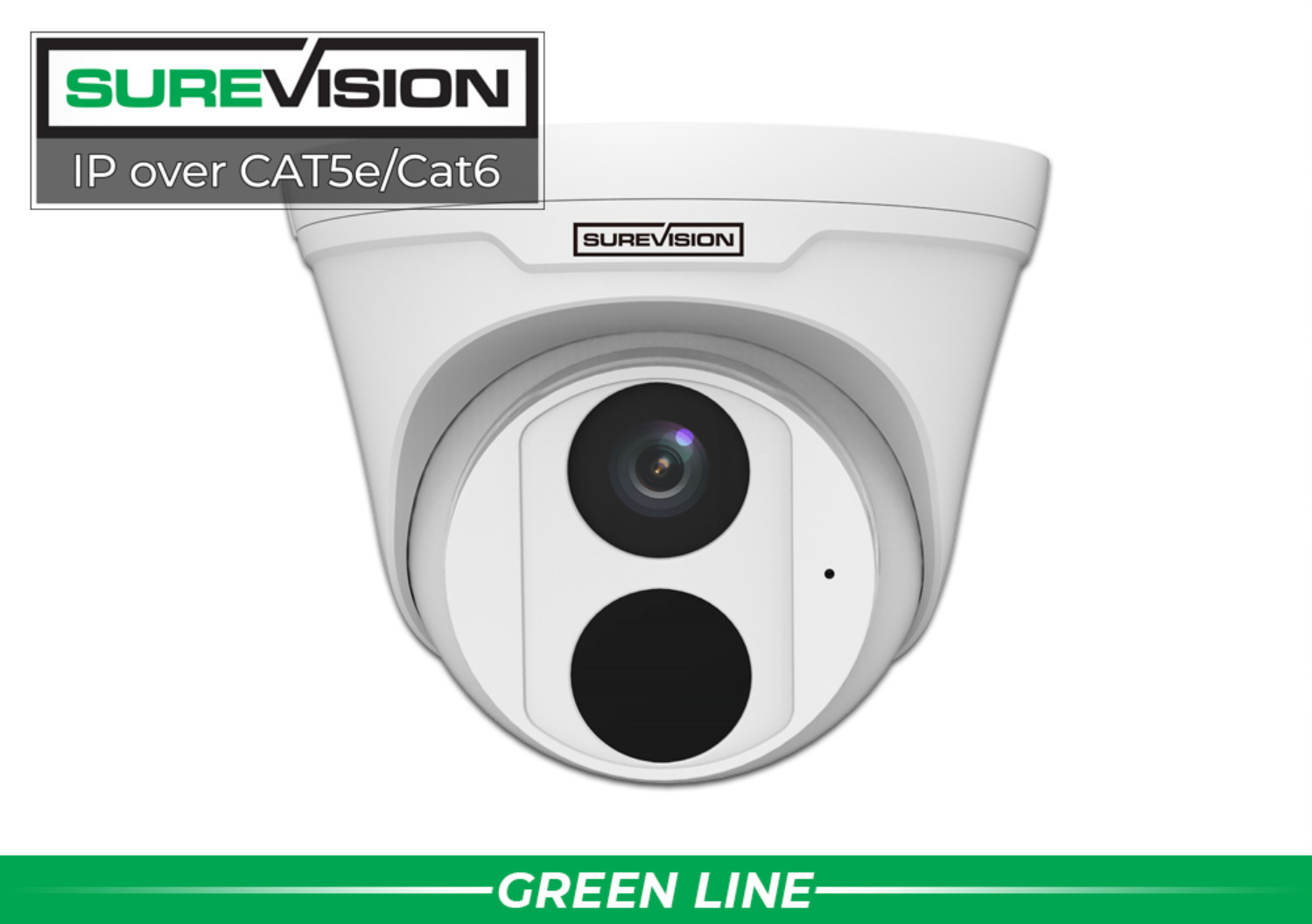
Dome Security Cameras
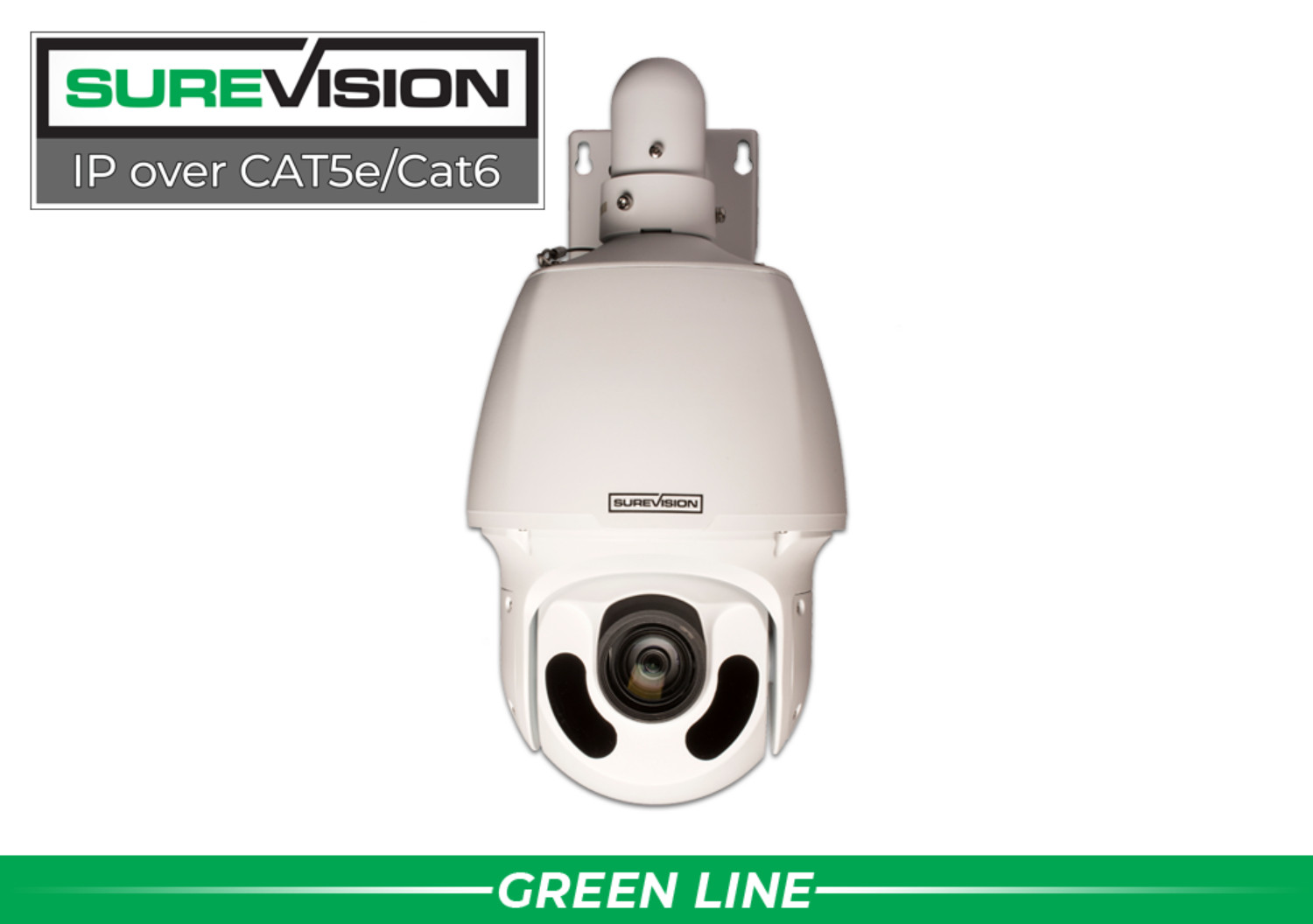
PTZ Security Cameras
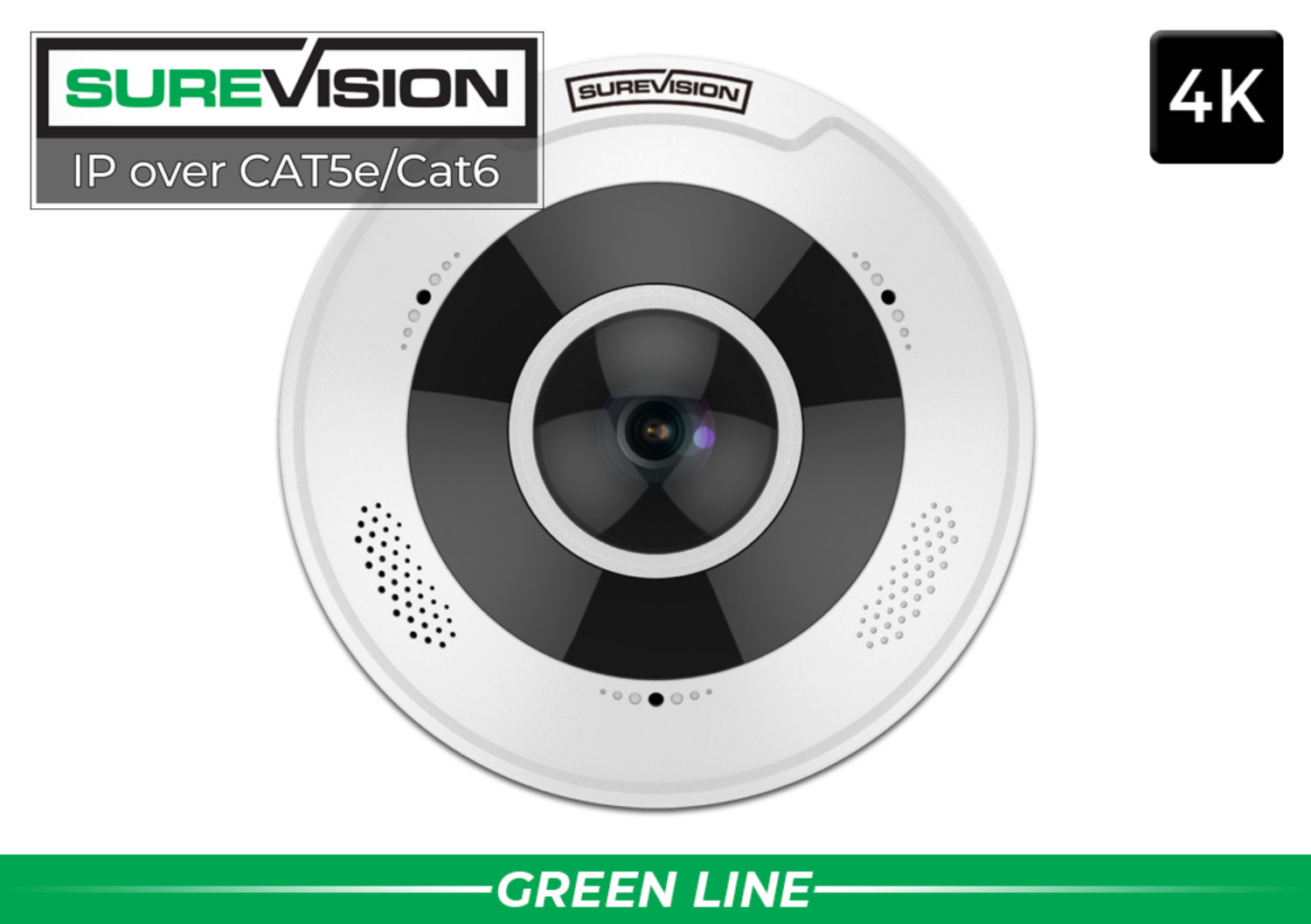
Fisheye 360 Security Cameras
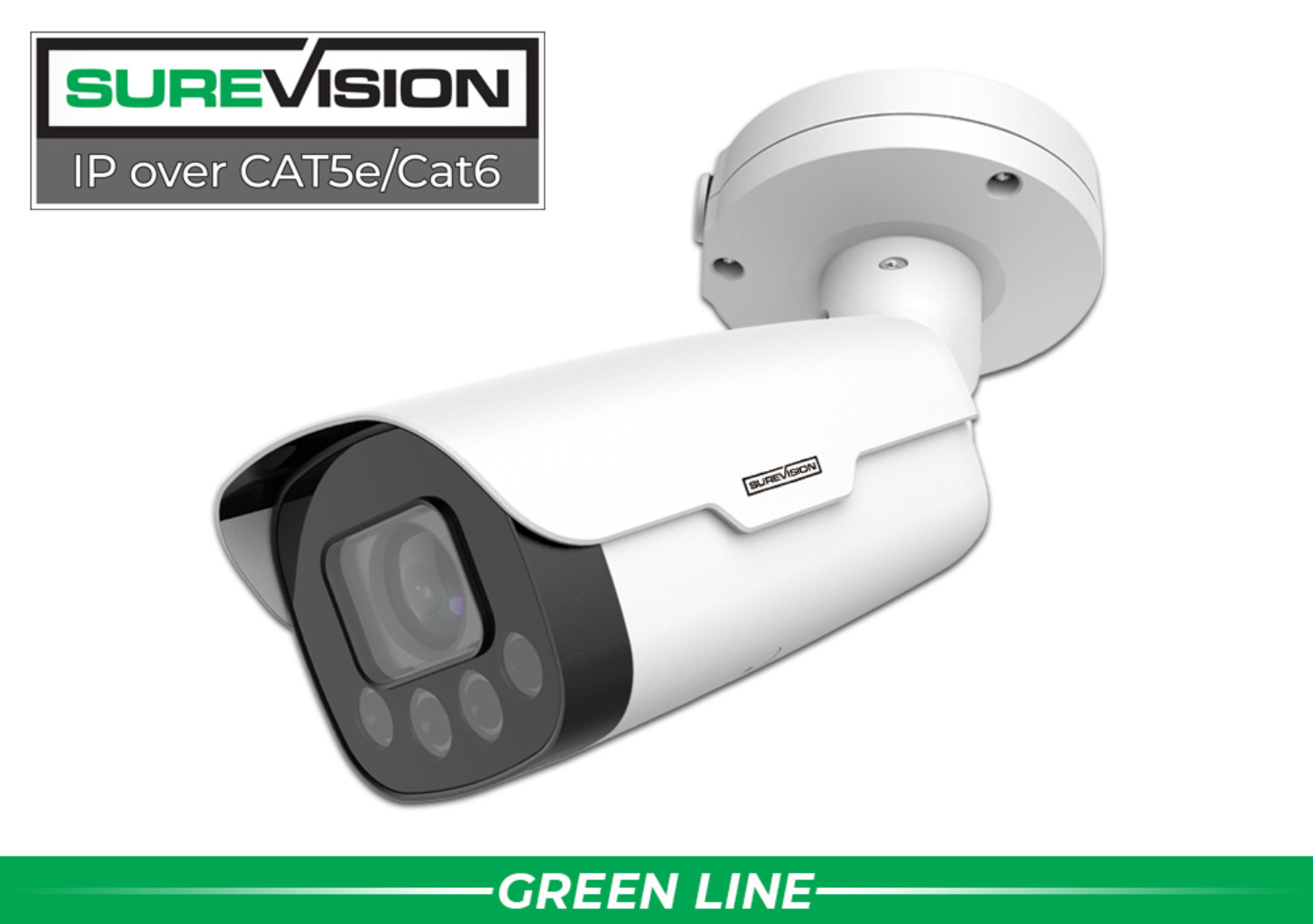
License Plate Security Cameras
Recorders
To store and manage the recorded footage, security camera systems utilize recorders. There are two main types of recorders commonly used:
NVR for IP
NVR (Network Video Recorder) is designed to work specifically with IP camera systems. These recorders receive and store the video footage captured by the IP cameras. With advanced features such as remote access, video analytics, and expansive storage capacity, NVRs provide a centralized and efficient solution for IP camera systems.
DVR for CCTV Coax
DVR (Digital Video Recorder) is compatible with HD over coax systems. These recorders receive and process the video signals transmitted by the coaxial cables. DVRs offer features like remote access, motion detection, and customizable recording options. They serve as the backbone of CCTV coax systems, providing a reliable and effective means of recording and managing video footage.
In conclusion, the world of security camera systems encompasses various types, each designed to meet specific needs and preferences. From IP systems with advanced functionality to HD over coax systems that offer cost-effective solutions, individuals can choose the system that best aligns with their requirements. Wired camera systems cater to both business and residential settings, ensuring robust surveillance coverage. With additional features such as remote viewing software, AI analytics, and motion alerts, security camera systems become more intelligent and proactive in safeguarding what matters most. By understanding the different types of cameras and recorders, individuals can create a comprehensive security system tailored to their specific needs.

